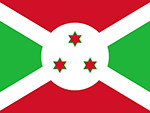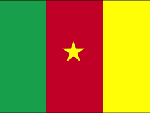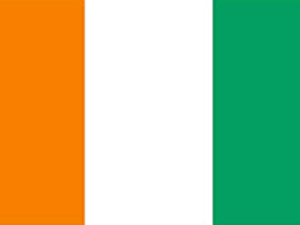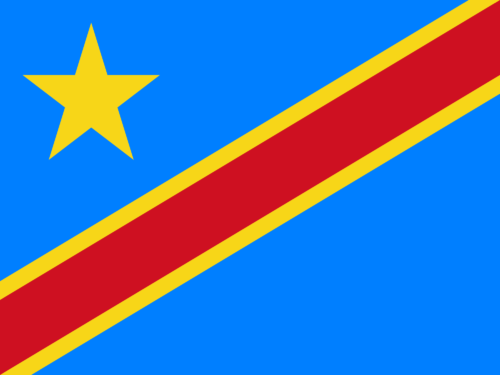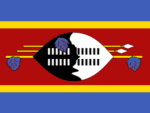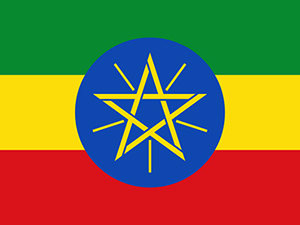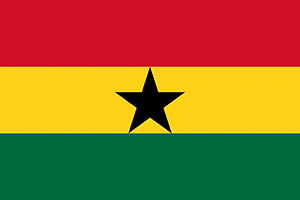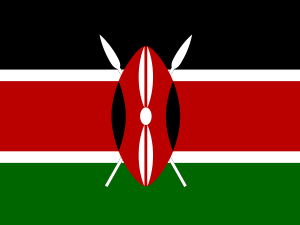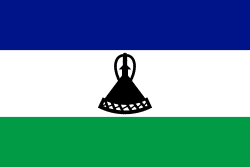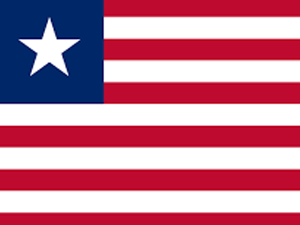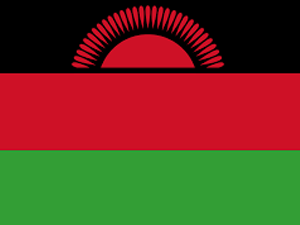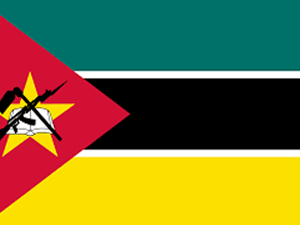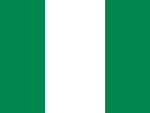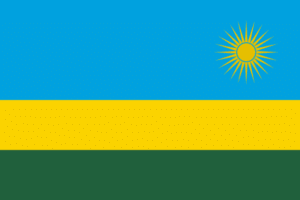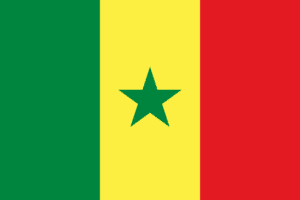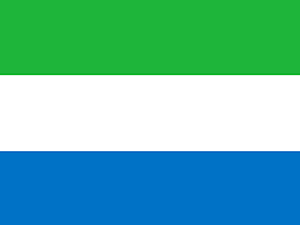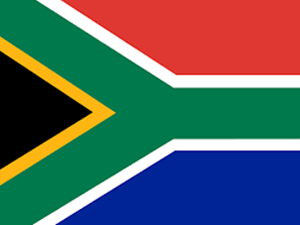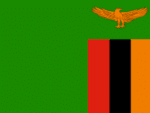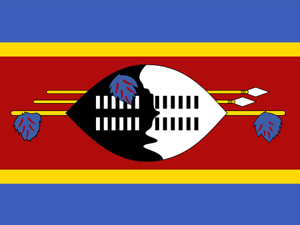 Eswatini
Eswatini
Differentiated Service Delivery in Eswatini
Facility-Level
Coverage
%
Percent of health facilities providing less-intensive DART models.
% In Less-Intensive
Differentiated Treatment Models
%
Multi-month ART Dispensing
%
DHIS2 April-June 2022 Report
DART Model
Diversity
DHIS2 April-June 2022 Report
Differentiated Service Delivery Implementation in Eswatini
Eswatini joined the CQUIN learning network in 2017. The Eswatini Ministry of Health, through the Eswatini National AIDS Programme (ENAP), has been implementing differentiated service delivery (DSD) since 2014. Given the country’s very high HIV prevalence, the rollout of Test and Treat policies necessitated new models of antiretroviral (ART) delivery to relieve congested health centers. As a result, Eswatini was quick to include differentiated service delivery (DSD) in national policies and guidelines, drafted in partnership with the Eswatini National Network of People Living with HIV.
Since its inclusion in the national guidelines, DSD coverage has grown and an increased diversity of models has become available. Currently, Eswatini offers eight differentiated ART models for people doing well on ART including:
- Three facility-based individual models: two appointment spacing models, in which people receive either 3- or 6-months of ART at a time; and a model which combines appointment spacing and Fast Track.
- Two facility-based group models: treatment clubs (for adults); and teen clubs (for adolescents).
- Two community-based individual models: outreach; and a DSD model for key populations.
- One community-based group model: community adherence groups.
According to data collected in June 2019 from a combination of the national health management information system and PEPFAR implementing partner reporting, Eswatini estimates that 95 percent of people currently on ART are enrolled in a less-intensive DSD model. The majority of those currently doing well on ART (69 percent) were enrolled in the appointment spacing model—where refills were provided in three- or six-month increments. A further 20 percent were enrolled in the Fast Track model, and enrollment in all other models accounted for 2 percent or less of those on ART.
CQUIN-supported south-to-south learning exchanges have played a role in the expansion of Eswatini’s DSD models. Following an October 2017 visit, Eswatini expanded teen club services to include ART refills after learning this best practice from Malawi. Initially, teen clubs in Eswatini were focused on adherence and psychosocial support but now, eligible children and adolescents also receive their ART during the teen club meetings. Eswatini’s national DSD guidelines and standard operating protocols have been updated accordingly to reflect this growth.
Eswatini is also an active participant in the M&E community of practice, a virtual forum for experts from network countries to discuss common challenges, share best practices, and co-create tools to address the M&E needs of countries scaling up DSD. Through this collaborative effort, an M&E framework has been put in place, and Eswatini both contributed to and is using the M&E framework to develop robust monitoring systems to improve DSD scale-up.
Resources
M&E Framework for Monitoring of Differentiated ART Services
Eswatini Policy Guidelines for Differentiated Service Delivery
Taking Differentiated Service Delivery to Scale in Eswatini
 Loading...
Loading...

Visit ICAP's Website for a broader portfolio of work in CQUIN network countries.


